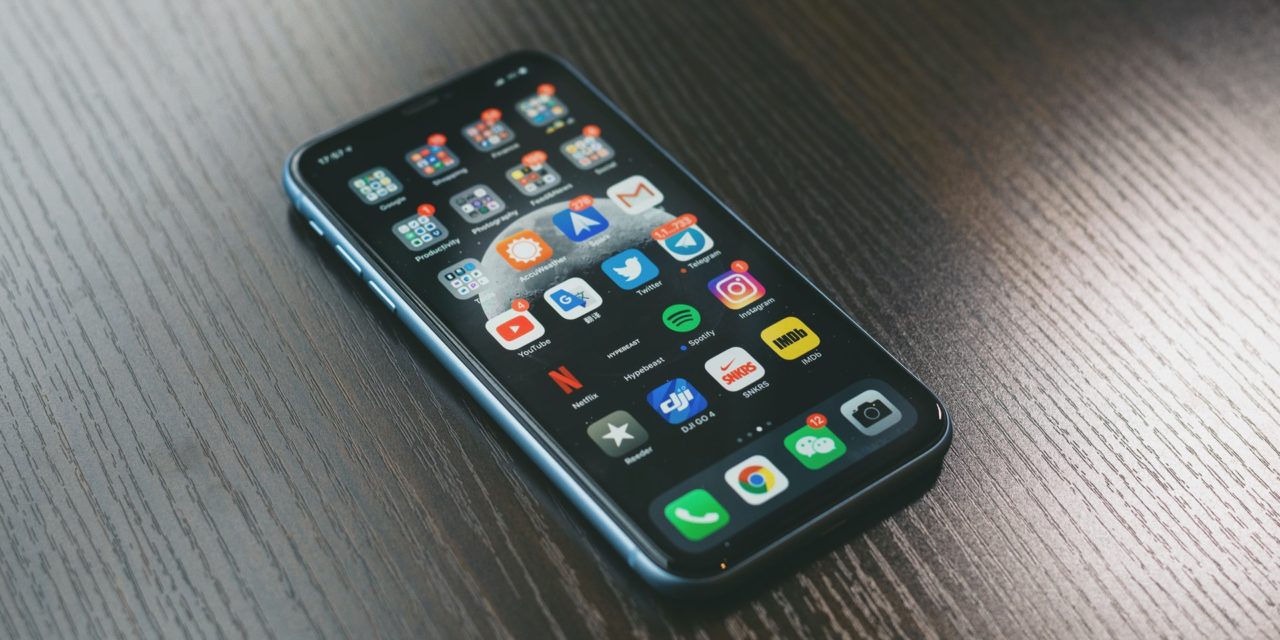[ad_1]
The past year has seen a bunch of new brand names pop up in the smartphone arena. While most incumbents like HTC, Sony seem to be having trouble making a profit in the increasingly aggressive smartphone business, there are a bunch of startups from mainland China that think they can do one better. Companies like Oppo, Xiaomi and now OnePlus are doing a David and Goliath reenactment in the Android smartphone marketplace. OnePlus is the latest entrant into the ring and their first shot at a an Android smartphone was the imaginatively titled OnePlus One. The phone had a few rough edges but on the whole it was a shockingly good first product from a brand that no one had ever heard of even as later as the start of 2014.
This year OnePlus has started its second innings by launching the OnePlus Two. What the company lacks in interesting product names though it seems to have made up in its ability to design and manufacture a pretty compelling mid to high end Android smartphone. The pricing and specification list of the new phone means that the OnePlus 2 covers a broad range of the Android phone market, taking aim right at the premium mid-range to nearly flagship phones from other manufacturers.
OnePlus even plays this up by calling the Two a ‘ 2016 flagship killer ‘ meaning that it has specs that are equal to or better than phones that are going to be released in the next few months. So, is there any truth to OnePlus' bombast? Well, yes and no. OnePlus operates on a unique business model where they sell incredibly low volumes in small batches, sometimes as little as a few thousand phones. They do this with a reservation system where prospective buyers actually sign up and wait to receive an invitation to buy the company's phones. While many may balk at this somewhat unorthodox process, it isn't to different from people physically queuing up for days on end outside and Apple store, waiting for the latest iDevice.
What this process allows OnePlus to do is sell phones with components that are not yet available at the scales necessary for giants like Samsung and Apple to put in phones that sell a few million units in a month. This means that for the price you pay for them, OnePlus phones are between a few months to almost a year ahead of the curve, technologically speaking, when compared to the competition.
While in the desktop space, innovation and even clock speed advances have slowed to an incremental pace, in smartphone hardware, a year is a lifetime. This means that OnePlus phones are technologically at least, as good as anything you are likely to be able to buy from the likes of Samsung or HTC in the next six odd months. The problem is that a high end phone is much more than just what's inside. Build quality, fit and finish and materials also matter just as much, if not more. This is where the OnePlus falls down, with a plasticky body and tacky plastic back that is anything but high end. This can partly be remedied with the huge selection of OnePlus 2 covers but people who want a truly flagship feel from their smartphone will have to look elsewhere.
[ad_2]
Source by Shiv K Gupta

